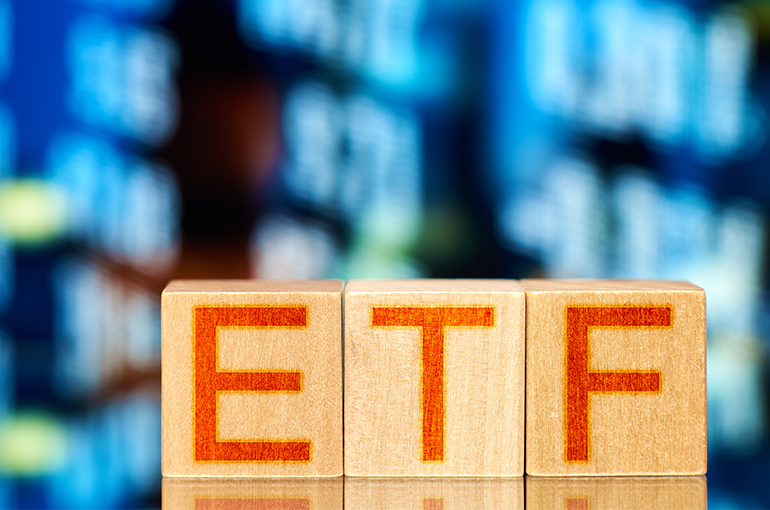 Fund Managers Warn of Risks as Chinese Investors’ Appetite for Japan-Focused ETFs Soars
Fund Managers Warn of Risks as Chinese Investors’ Appetite for Japan-Focused ETFs Soars(Yicai) Jan. 17 -- Chinese traders have been investing with such fervor recently in exchange traded funds which are part of the China-Japan ETF Connectivity scheme that fund managers are warning of price premium risks, where the prices are now soaring to levels far higher than their net asset value.
Yesterday, the price premium rate of the ChinaAMC Nomura Nikkei 225 ETF [513520] approached 20 percent, meaning that investors would need to pay an extra 20 percent to purchase this fund. And the price premium rates of the ICBCCS Daiwa Nikkei 225 ETF [159866] and the E Fund Rixing IM Nikkei 225 ETF [513000] all exceeded 6 percent yesterday.
To safeguard investors’ interests, the ChinaAMC Nomura Nikkei 225 ETF, whose transaction value has surged 50 times in the past month to CNY5 billion (USD696.9 million), halted trading from market opening to 10.30 a.m., China Asset Management said today.
The EFT now has a premium of over 10 percent, Yuan Yuwei, a senior global macro hedge fund manager, told Yicai. This is unbelievable and there is a short-selling risk, he added.
One of the most direct channels for Qualified Domestic Institutional Investors, or Chinese financial organizations that have permission to buy overseas securities, to invest in the Japanese stock market is by purchasing ETFs or QDII funds, market insiders said. But there are only a limited quota of such funds available, many of which have a size under CNY600 million (USD83.7 million), so buyers have to pay high premiums.
Chinese investors’ enthusiasm for ETFs and QDII funds that are linked to the Tokyo Stock Exchange soared in May last year, after US tycoon Warren Buffeet expressed his optimism about Japan’s stock market.
On May 23, 2023, two Nikkei 225 ETFs plunged due to excessively high premium rates. The E Fund Rixing IM Nikkei 225 ETF sank 17.35 percent over May 23 and May 24 while the ChinaAMC Nomura Nikkei 225 ETF plunged 14.44 percent during those two days.
Stronger Yen
In the short run, apart from the price premium risk, investors also face risks of an overshooting stock market and a fluctuating exchange rate.
The Nikkei 225, a price-weighted equity index, reached close to a 35-year high last week, and the index was in a state of “overbought,” or trading at a level above its intrinsic value, for most of the time.
The impact of the Japanese yen’s appreciation versus the greenback needs to be watched carefully, said David Scutt, senior strategist at Gain Capital. With the narrowing gap between treasury bond yields in the US and Japan, the risk of a strengthening yen increases.
In the economic environment of mild inflation, jumps in valuations and profit in the Japanese stock exchange are expected to get close to that in the European and North American markets, Zhang Jun, a fund manager, told Yicai.
In the short term, those companies focusing on domestic demand or tourism may be beneficiaries of the economic recovery, while businesses with technological strengths and funds for innovation will enjoy better long-term growth potential, Zhang said.
Editor: Kim Taylor